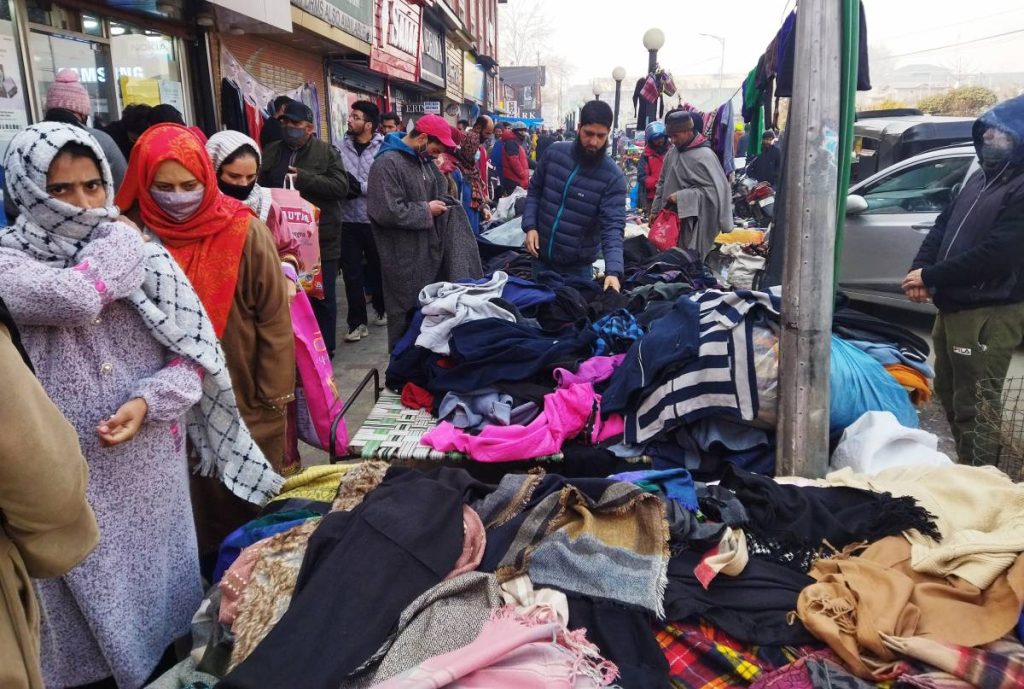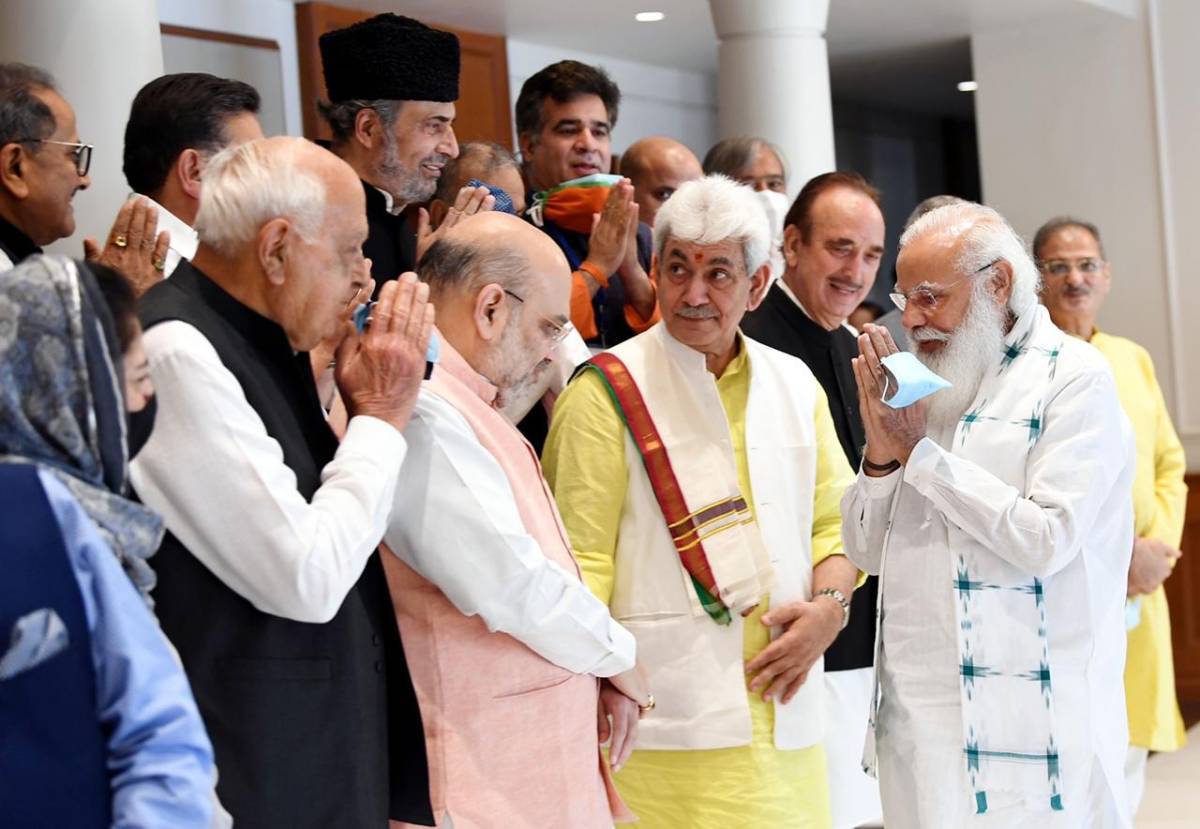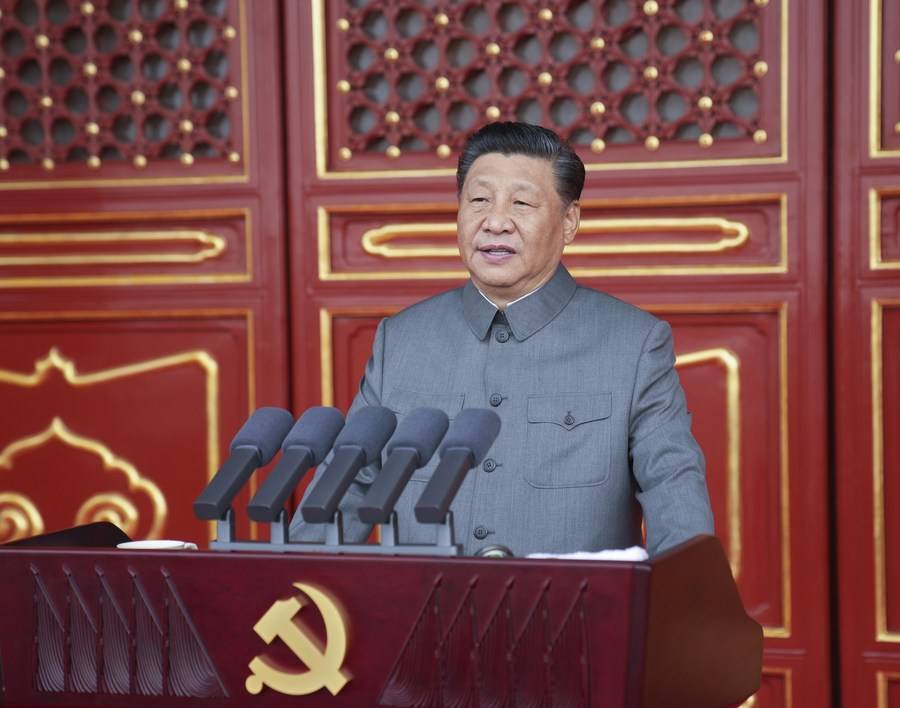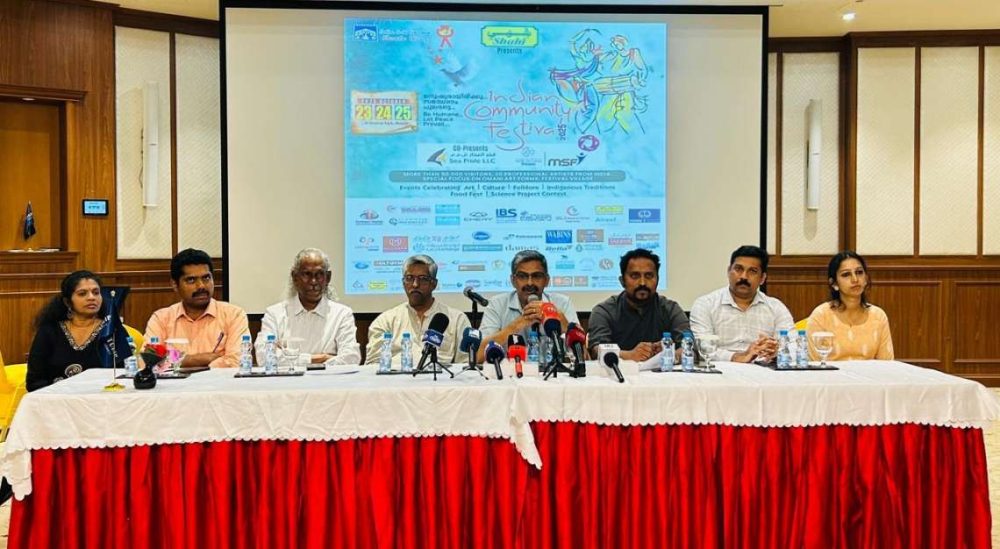Prime Minister Narendra Modi’s visit to the Union Territory is being seen as a message to showcase grassroots democracy in Jammu and Kashmir, a report by Deepika Bhan
Ahead of Prime Minister Narendra Modi’s visit to Jammu and Kashmir on April 24, the first after the abrogation of Article 370 in 2019, a contrasting picture has emerged in the union territory.
On one hand is the record number of tourists visiting Kashmir, increasing investment and development activity; on the other is the terror push from Pakistan that seeks to renew fear among the people and derail the normalisation process.
The Prime Minister’s visit to the UT is being seen as a message to showcase grassroots democracy in Jammu and Kashmir. Modi will address the rural local bodies across the country on April 24, which is being observed as the Panchayati Raj Diwas, from Palli village in district Samba of the Jammu region. The village will also be showcased as a carbon-free village.
The fact that Modi is visiting a village on his first visit to the UT after the massive change in the status of J&K indicates the Centre’s resolve to strengthen the pillar of democracy and to decentralise power.
It was to strengthen grassroots democracy that the Centre amended the J&K Panchayati Raj Act, 1989 for the first time in October 2020 and paved the way for the creation of District Development Councils (DDCs).
The DDC is a directly-elected local government body with jurisdiction over the entire district, excluding areas designated as a municipality or municipal corporation. The first-ever elections to DDCs were held successfully in 2020.
It was for the first time in the UT that the DDCs, along with the Halqa Panchayats and Block Development Councils (BDCs), set up a three-tier Panchayati Raj system, which was never before attempted by the previous governments.
It is this success that is being sought to be showcased when Modi visits Palli.
The Prime Minister’s visit also comes at a time when Kashmir is seeing record tourist arrivals despite terror strikes.
Lt. Governor Manoj Sinha has said: “I think this is the golden period for Jammu and Kashmir in which all the records of the last 15-20 years have been broken. More than 80 lakh tourists arrived here in the last few months. This has brought prosperity and is helping people establish peace.” Almost all of the valley hotels are running at full capacity.

The heavy rush of tourists to the valley has made the Srinagar airport one of the busiest in the country. On April 11, the airport handled a record 102 inbound and outbound flights with a total number of 15,199 passengers.
This year, the Amarnath yatra has been given the green signal after remaining suspended during 2020 and 2021 because of the onslaught of Covid-19. Religious tourism is expected to bring a windfall to the UT economy, especially to the valley.
In a boost to the economy, which has been badly hit by terrorism, the Centre is aggressively pushing for investments in the UT. Recently, a 34-member delegation of businessmen from the UAE, other Gulf Cooperation Council (GCC) countries and Hong Kong was on a four-day visit to Jammu and Kashmir to explore investment opportunities.
In his address, the Prime Minister is expected to talk about tourism and the investments made, and those on the anvil.
Even as the Prime Minister prepares to visit the UT, terror strikes continue in the valley. Almost every day there are gunfights between the security forces and terrorists, targeted killings of Hindus, non-locals, sarpanches and security personnel.
Recently, the Director General of Police, Dilbag Singh, said the number of militants was fast decreasing, but militancy was alive in Kashmir. Till the first week of March, 20 anti-terror operations were conducted in Kashmir in which 35 terrorists, including three top commanders and nine Pakistani terrorists, were eliminated.
The security forces have also managed to arrest 16 active terrorists so far this year.
ALSO READ: Jammu & Kashmir ropes in top UAE firms for investments
Despite efforts to neutralise terrorists, targeted killings are being carried out by militant outfits. Four sarpanches have been killed since the beginning of this year, the latest being on April 14.
By attacking sarpanches, political workers, non-local resident and Kashmiri Pandits, the terror outfits are trying to recreate the fear that used to prevail in the 1990s. Resorting to targeted killings, in fact, is being seen as a change of strategy by the terror handlers sitting in Pakistan.
Infiltration from across the Line of Control has been curbed and most of Pakistan’s supporters in Kashmir are behind bars, so the terrorists are choosing soft targets.
Several Kashmiri Hindu bodies believe that the situation in the valley is returning to what it was in the 1990s, when threat letters used to be issued against them and targeted killings were the routine.
In this backdrop, the Prime Minister’s words will be keenly heard, especially because Pakistan’s new dispensation has parroted its age-old sinister line on Kashmir.














